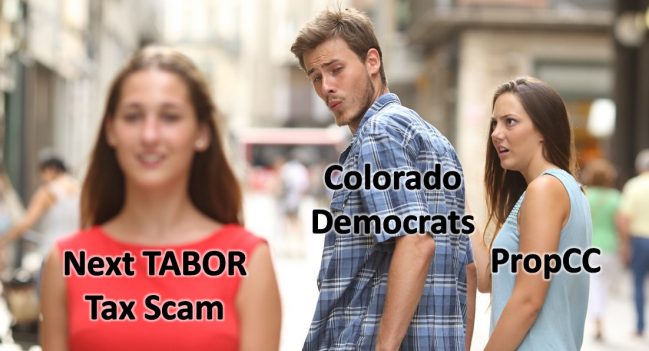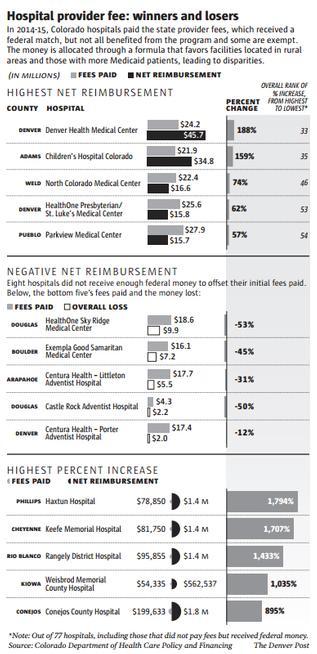By a vote of 55% to 45%, you helped defeat Prop CC to remove TABOR spending limits, but they’re at it again.
Anti-TABOR activists are already testing ballot language for a 2020 initiative to unwind your Taxpayer’s Bill of Rights. With a high Democratic voter turnout, they see next year’s election as their chance to amend the State Constitution to give government taxing authority without a vote of the people.
The TABOR Foundation educates voters on how the Taxpayer’s Bill of Rights protects their livelihood and why it matters to their family’s future.
We give seminars, media interviews, social media updates, and we’re a primary contact for citizens asking for help when their local jurisdictions violate TABOR mandates. Importantly, we engage in legal action to protect TABOR.
Defending freedom costs time – and money. We need more help. What can you do to help us?
Please send your donation of $50, $100, $150 or more. Checks payable to TABOR Foundation, a 501c3 not-for-profit organization, may be tax deductible as allowed by law.
And, we welcome your service with our Board of Directors, Speakers Bureau, or in some other capacity. Please call me to talk about being more involved. Thanks!
Sincerely,
Penn R. Pfiffner
Chairman
303-233-7731
TABOR Foundation
720 Kipling St.
Lakewood, CO 80215
www.thetaborfoundation.org






 This filing does not contain the substance of our argument and is administrative in nature.
This filing does not contain the substance of our argument and is administrative in nature.
